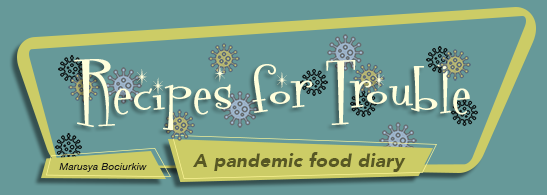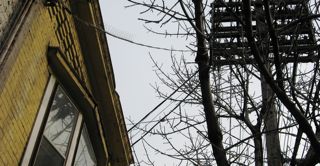Those Who Can
Every week, several times, for three hours at a time, you stand, pace, talk, cajole, emote, perform, lecture and listen in front of twenty or thirty or forty university students.
Like a curse in a fairytale, you get older and they stay the same age, year after year. The curse is also a blessing: as you get older and hopefully wiser, the students seem more likeable, more vulnerable, more real.
You stand in front of them and you give it all you’ve got. You joke, you tell anecdotes. You lecture, you show them film clips and slides of artworks; you try to dazzle them with beauty. You try to show them oppression, injustice, the cracks in democracy’s veneer. You try to get them to climb to that place where they can finally see the view.
You are teaching them about media and you are teaching them about philosophy, art and poetry and ethics. Every so often you get an email or a furtive conversation: they enjoyed the class, or they had an insight, or it made them consider something they normally wouldn’t. Some days, you see them getting it: the nuances of documentary photography; the complications of ethnographic research. Sometimes, they dazzle you, and the things they say are more original and insightful than anything you’ve seen in an academic journal on the topic. You realize how vivid and supple their minds are, and how they have no idea of what they are capable of.
Other days, usually toward the end of term, it’s like a dark force takes over the classroom. You see their thinking, and their humanity, wane. You see them smirking and nudging each other, or absorbed in their laptops, never once looking up. Sometimes, you see one of them fall asleep in class. If you take the time to ask, you find out they are working full-time, or they commute two hours each way to take care of two kids and a husband in the evening. You know they are all paying way too much for their education and that most of their profs are being paid way too little. The systems’s out of whack, majorly. Still, you stand in front of them and give it all you’ve got. ….
At this time of year you long for positive affirmation. You need something to get you through these last few weeks of term. You realize, the students probably do, too. Between the towering, disheartening waves of marking, you squeeze in time with friends, and you talk about how tired and discouraged you are, and then, like magic, after beer, and Vietnamese food, and tea, and your friends’ almost doctrinal belief in you as a teacher, you can see the view again.
You teach. It’s what you do. It’s like art, or it is art, or it exists alongside the artmaking and makes being an artist so precious. It’s give and take. It’s chiaroscuro, it’s darkness and light. It’s what your father did. You never wanted to be like your father, but here you are: it’s what you do. An uneasy inheritance. An avocation, a paycheque, an impossible situation, a way to give back, an art form, a design problem, a life sentence, a privilege, a funny story, a poignant tale, a curse and also a blessing.



